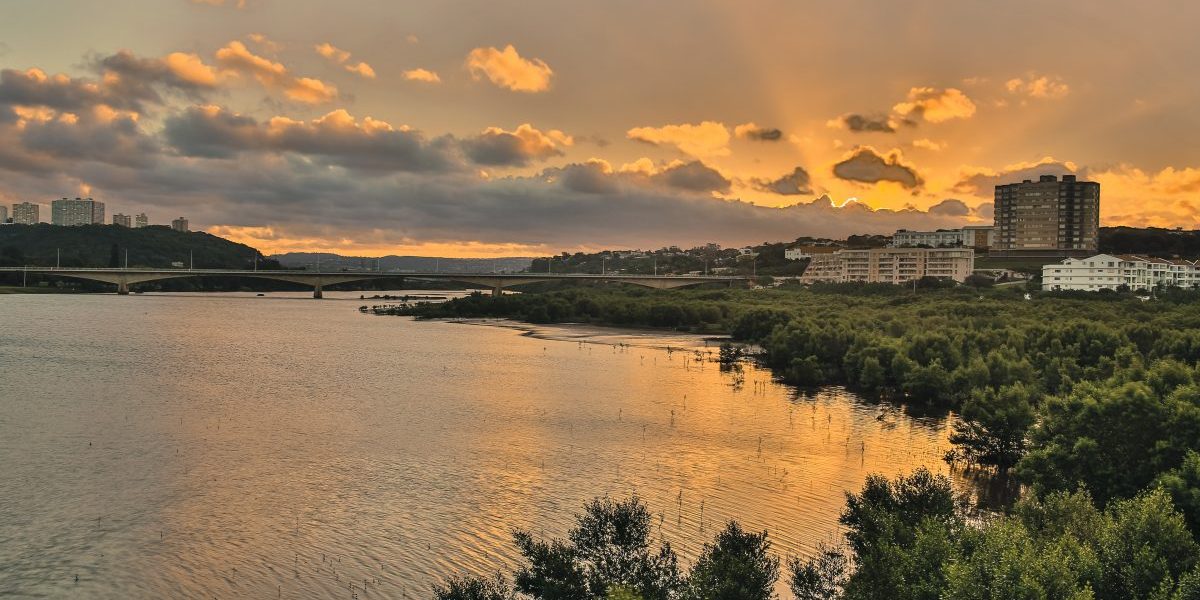Summary:
- South African coastal cities are highly vulnerable to climate impacts, which will affect not only urban economies but also the livelihoods and well-being of coastal populations.
- Owing to the multiple benefits that Ecosystem-based adaptation (EbA) provides, it can be of use to coastal cities and the multi-faceted systems that exist within these cities by addressing socio-economic and development goals, while helping cities become climate resilient and adapt to climate impacts.
- Various barriers and challenges exist in the implementation and governance of EbA in South African coastal cities, such as regulation, governance and management, institutional arrangements and partnerships, knowledge, communication and engagement, and financial mechanisms.
- The full integration of EbA approaches into local decision-making requires long-term commitment and patience from all stakeholders.
Read the synthesis review: Ecosystem-based adaptation in South African coastal cities: Challenges and opportunities.








